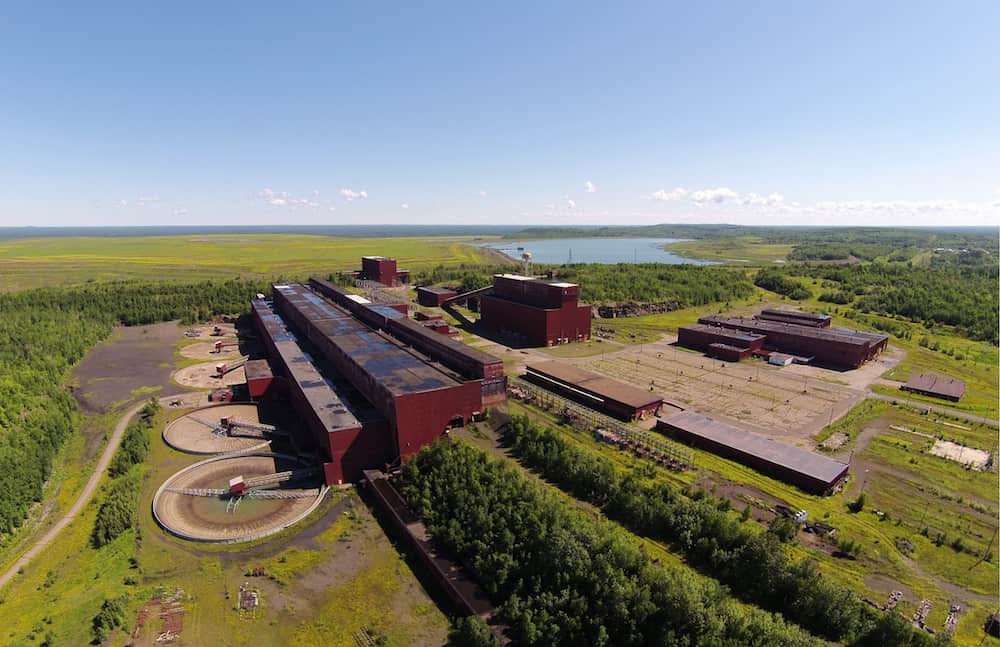
The Minnesota Department of Natural Resources and PolyMet Mining Corp. are separately appealing a recent court ruling on three permits the agency issued in 2018. The Minnesota Court of Appeals ruled last month that the DNR should have conducted a “contested case hearing” for the permits, in which an administrative law judge would review facts and evidence and make decisions about various aspects.
The three-judge panel ruled that the Minnesota Center for Environmental Advocacy (MCEA), WaterLegacy, the Fond du Lac Band of Lake Superior Chippewa, and others had provided information to the DNR about PolyMet’s risk of pollution, but it had not been considered in issuing the PolyMet permit to mine plus two dam safety permits.
The DNR and PolyMet each filed requests to the state Supreme Court on Wednesday. The DNR says a decision by Minnesota’s highest court would help clarify matters of law and permitting, which could affect future mine proposals and other projects.
“The court of appeals’ decision misconstrues statutory provisions, abrogates agency authority, and erodes long established separation of powers principles,” the DNR said in its appeal filing. “This case, therefore, presents important questions of administrative law and statutory interpretation.”
PolyMet submitted its own filing requesting Supreme Court review. It also says the Court of Appeals ruling could change how state regulators review project proposals.
The company said it believes the Court of Appeals erred in interpreting Minnesota statues and legal precedent, and that the DNR was right to deny a contested case hearing because such a process would not have helped make its decision.
“We are respectfully asking the Supreme Court to right what we believe is a wrong. The court of appeals effectively opened the door to an unpredictable loop of review and additional litigation for Minnesota permittees with its interpretation of the statute,” said Jon Cherry, president and CEO. “The court’s ruling increases uncertainty and permitting time not only for mining projects but also for many other projects in the state that require DNR or MPCA permit.”
Environmental advocates pledged to defend the Court of Appeals decision. They say the permits the DNR issued to PolyMet violated rules, lacked enforceable standards, were based on incomplete plans, and relied on unproven technology. They also said the agency had ignored new information, such as the catastrophic collapse of a mining dam in Brazil, which shares a design with PolyMet’s proposed method.
“By filing an appeal, PolyMet and the Department of Natural Resources are attempting to avoid a decision based on the facts and science,” said Kathryn Hoffman, MCEA executive director. “If the DNR had done what the law requires and held a contested case hearing before issuing these permits, we would already have a decision.”
MCEA says it will file a response to the Supreme Court within a 14-day window, and then the court will decide if it will hear the case or let the Court of Appeals decision stand.
A separate challenge to PolyMet’s water-quality permit was heard in district court in late January, with a decision expected in several months.

